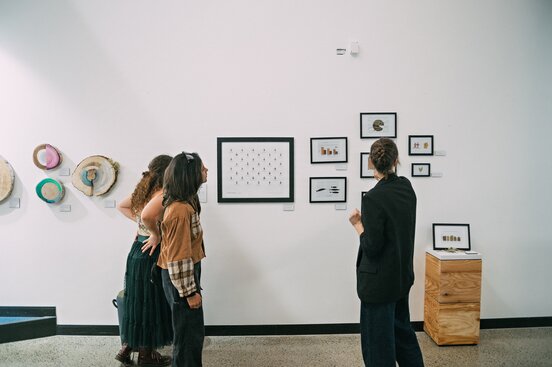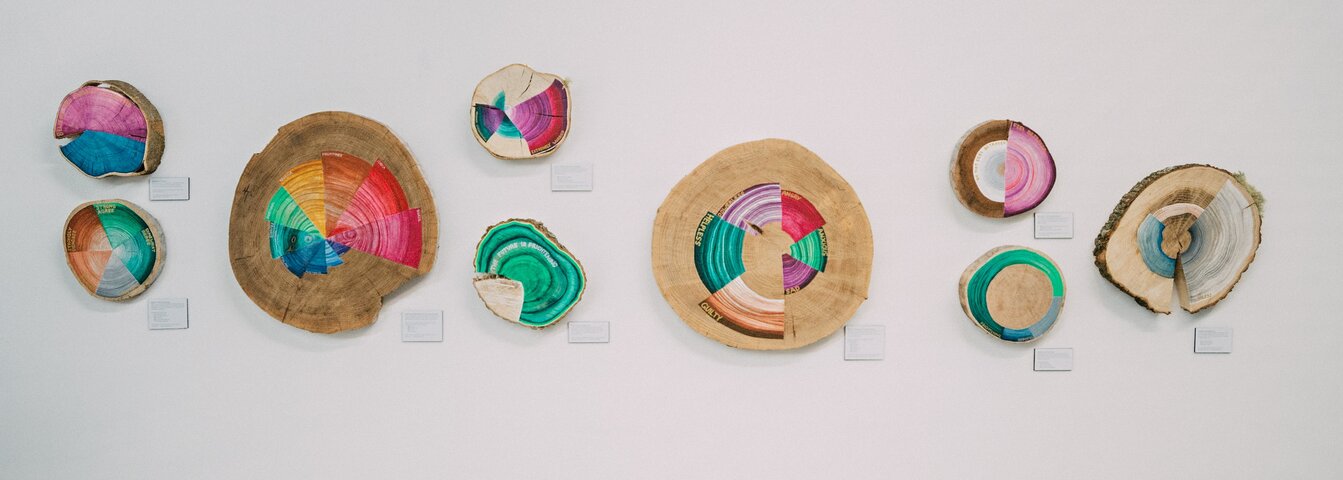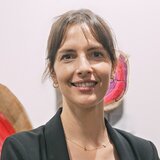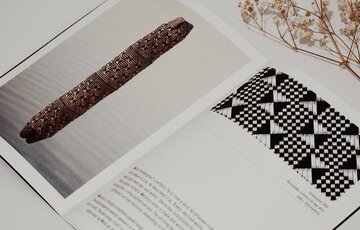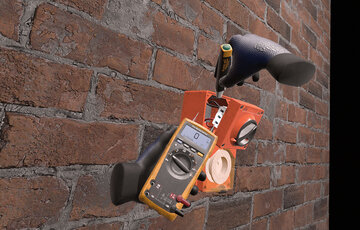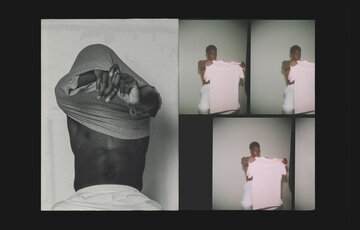Evolving Practice Through Design Thinking
For Michaela, the Master of Design offered a rare opportunity to unite long-held interests with professional development. “It gave me the space to intellectually and creatively explore things that I’d been carrying for quite a long time,” she reflects. Through the project-led structure, she was able to bring together design and environmental care in a way that felt authentic and true to her values.
Contemporary design frameworks like data humanism and participatory design were central to her final project. These approaches shifted her focus from communicating information to helping people feel it - moving away from facts and figures and towards storytelling through tactile and metaphor-driven forms. "It changed my perspective on what design could be. I stopped thinking about design as a problem-solving exercise, and started thinking of it more as an act of care and reflection.”
By allowing the project to evolve organically, Michaela embraced uncertainty and let go of what she calls “eco-perfectionism.” Rather than aiming for a single polished outcome, she focused on creating spaces for conversation, emotion, and shared experience - challenging traditional notions of design finality. “That mindset gave the work permission to keep evolving, which was exciting.”
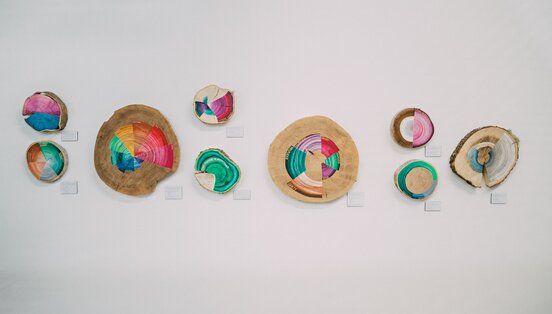
Mentorship and Meaningful Support
Although based remotely, Michaela felt well-supported by the faculty and learning structure. “The weekly check-ins and ongoing conversations gave me structure and momentum.” Working off-campus pushed her to document her process meticulously, which later proved valuable in communicating and developing her ideas.
Her mentors - Sarah, Matt, Andy, and Pritika - played an integral role in shaping her thinking. “They helped me stay close to the heart of the project while encouraging me to stretch and reframe it. They were kind, intelligent, and genuinely interested in my work - and in me.” Even when feedback came with critical perspectives, Michaela welcomed it as part of a vibrant intellectual exchange.
Peer critiques and community of practice sessions also helped broaden her view. “They made me think more holistically - not just about individual pieces, but the journey and experience as a whole.” Despite early doubts from some about the feasibility of her project’s scope, the encouragement she received helped her stay focused and deliver beyond expectations.
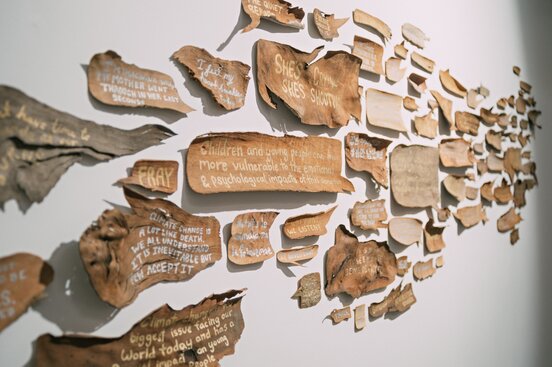
Professional Growth and New Possibilities
Prior to the programme, Michaela had worked in both design studios and large organisations, but the Master of Design gave her the opportunity to slow down and ask deeper questions.
It helped me reconnect with the kind of work I find most meaningful, and trust my creative direction.”
One unexpected outcome was her discovery of a new interest in facilitation and participatory design. After running workshops with both high school students and public audiences, she began to see a future for herself that merges design, education, and social impact. “I didn’t expect to enjoy that side of it so much, but it was a big shift for me.”
That sense of impact extended beyond the exhibition space. Through a partnership with Trees That Count, Michaela arranged for a native tree to be donated for every participant in her interactive installation - creating a small but tangible contribution to ecological restoration. “People responded really strongly when they found out,” she says. “It wasn’t about incentivising participation, but more of a way to say thank you - and to show that their involvement had real-world meaning.”
The experience also reinforced her confidence in navigating ambiguity. “The issues I explored are messy and emotional, and I had to sit with that. Now I feel better equipped to work through complex design challenges, rather than being intimidated by them.”
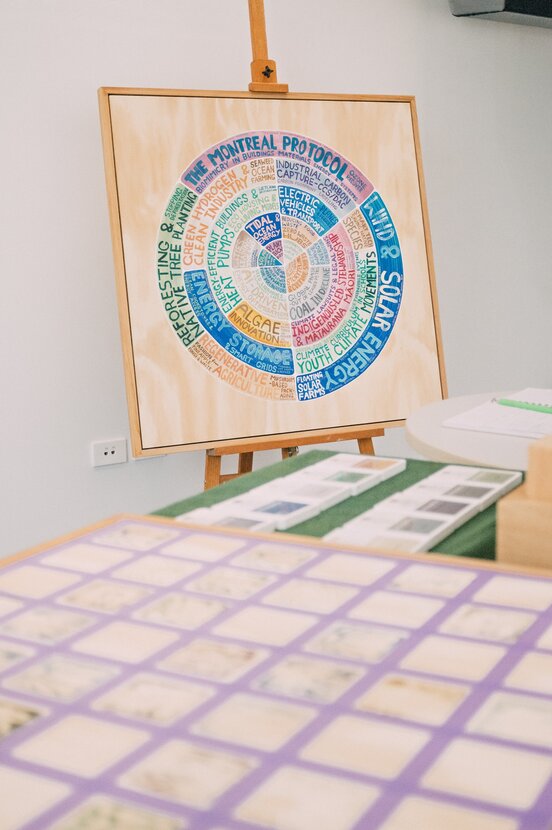
Looking Back - and Forward
Reflecting on her time in the programme, Michaela says she is most proud of having trusted the process. “I took on a lot, but I kept working and believed in the project. That paid dividends - not just in the final outcome, but in the thoughtful responses I’ve received from people. That’s what really matters.”
She hopes to continue working on creative projects that combine design, care, and climate engagement - especially with youth and communities.
Her advice to future Master of Design students is simple but powerful: “Start with something you care about - even if it’s small or messy - and let it grow. Don’t worry about having all the answers. Make sure you design something that feels like you. And trust the process.”
See more of Michaela's work: Website | LinkedIn
Find out more about Postgraduate Design here
